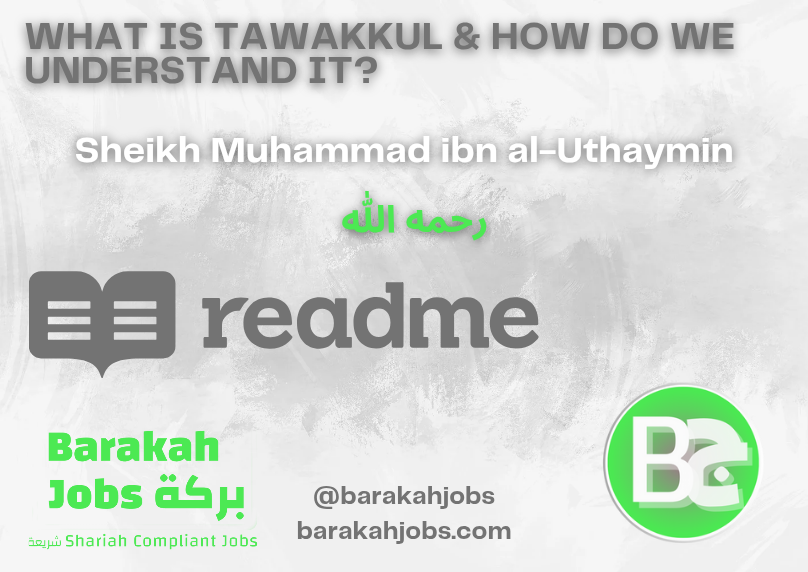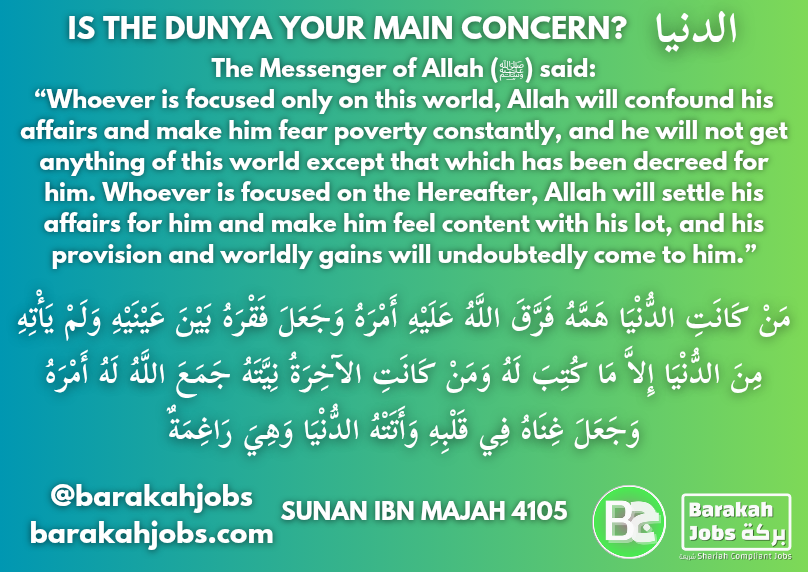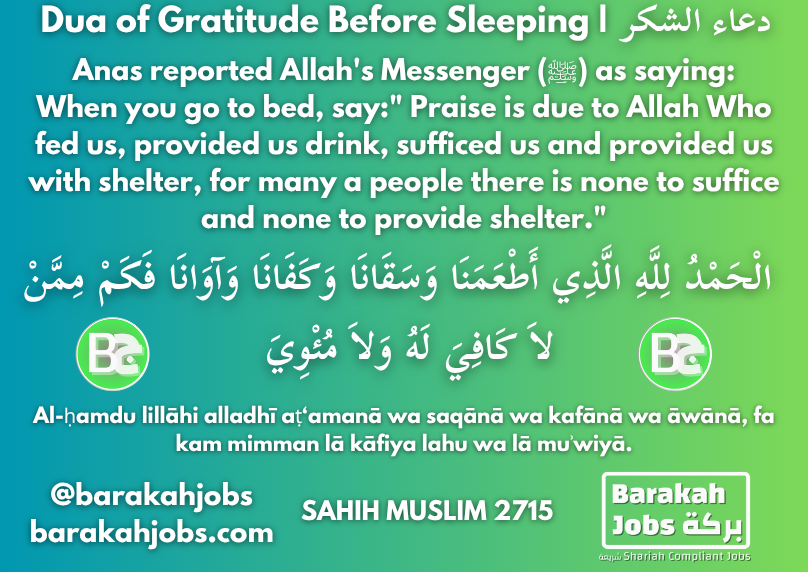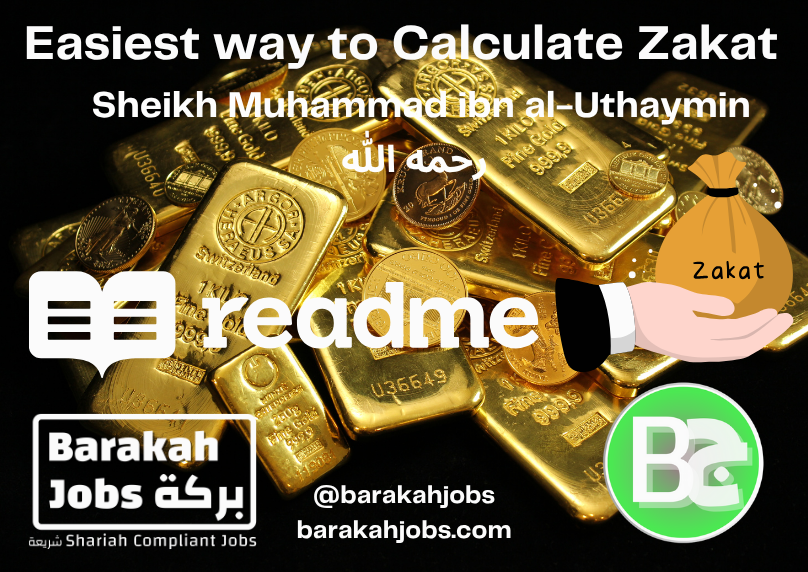
Worried About Your Past? Return to Allah ارجع إلى الله
We all have moments we wish we could undo — mistakes, sins, or choices we regret. But in Islam, no past action is too heavy for the mercy of Allah. Whatever you’ve done, whether moments ago or years ago, you can always return to Him.
Scholars’ Quotes
_473.png)
In a world where life’s ups and downs often leave us anxious, Imam Al-Shafi‘i رحمه الله offers a timeless reminder in his poem دع الأيام تفعل ما تشاء (Let the Days Go Forth). This excerpt teaches us that true contentment and security lie in trusting Allah’s plan for our provision, or rizq.
Your provision will not be decreased due to life’s delays,
_20251020_200424_0000_175.png)
In our pursuit of success — whether it’s in our career, family, or daily life — we often overlook the simple, powerful means that bring true barakah (divine blessing). Sheikh Ruhayli, in one of his insightful lectures, beautifully summarized three key actions that attract Allah’s grace and abundance. His words serve as a reminder that spiritual effort precedes worldly gain.
Sheikh Ruhayli says in this excerpt from a lecture:

Tawakkul (trust in Allah) is one of the most profound acts of the heart — balancing reliance on Allah with taking the means. Shaykh Ibn Uthaymeen رحمه الله beautifully explained how true tawakkul combines sincere faith with responsible effort. In this post, we explore what tawakkul truly means and how to apply it in our daily lives.
Question:


دعاء الشكر قبل النوم
Reference: Sahih Muslim 2715
Anas reported Allah's Messenger (ﷺ) as saying:
When you go to bed, say:" Praise is due to Allah Who fed us, provided us drink, sufficed us and provided us with shelter, for many a people there is none to suffice and none to provide shelter."
Dua:
الْحَمْدُ لِلَّهِ الَّذِي أَطْعَمَنَا وَسَقَانَا وَكَفَانَا وَآوَانَا فَكَمْ مِمَّنْ لاَ كَافِيَ لَهُ وَلاَ مُئْوِيَ
Transliteration:
Al-ḥamdu lillāhi alladhī aṭ‘amanā wa saqānā wa kafānā wa āwānā, fa kam mimman lā kāfiya lahu wa lā muʾwiyā.
Reflection:


Time is a trust from Allah ﷻ, and how we use it determines the blessing we receive in our days. Many of us seek barakah in our time, yet struggle to find balance between worship, work, and rest. Sheikh Muhammad ibn al-Uthaymeen رحمه الله offered simple yet profound advice on how a believer can organise their time so that Allah places blessing within it.


A translation of a profound yet simple method for easily calculating Zakat by Sheikh Muhammad ibn al-Uthaymin رحمه الله :
"If you have wealth and want to know the amount of zakat (you should give), Then the matter. I mean, is easy.
Divide the money by 40 and the result is the zakat.
So if someone has 40,000 dirhams, how much is their zakat?
Divide 40 by 40 is 1.
So 1,000 Riyal.
And from 120,000, 3,000 Riyal.
And so on.
Point being, if you want to take out the zakat divide what you have of wealth, meaning gold, silver, and business over 40, the result is the zakat."